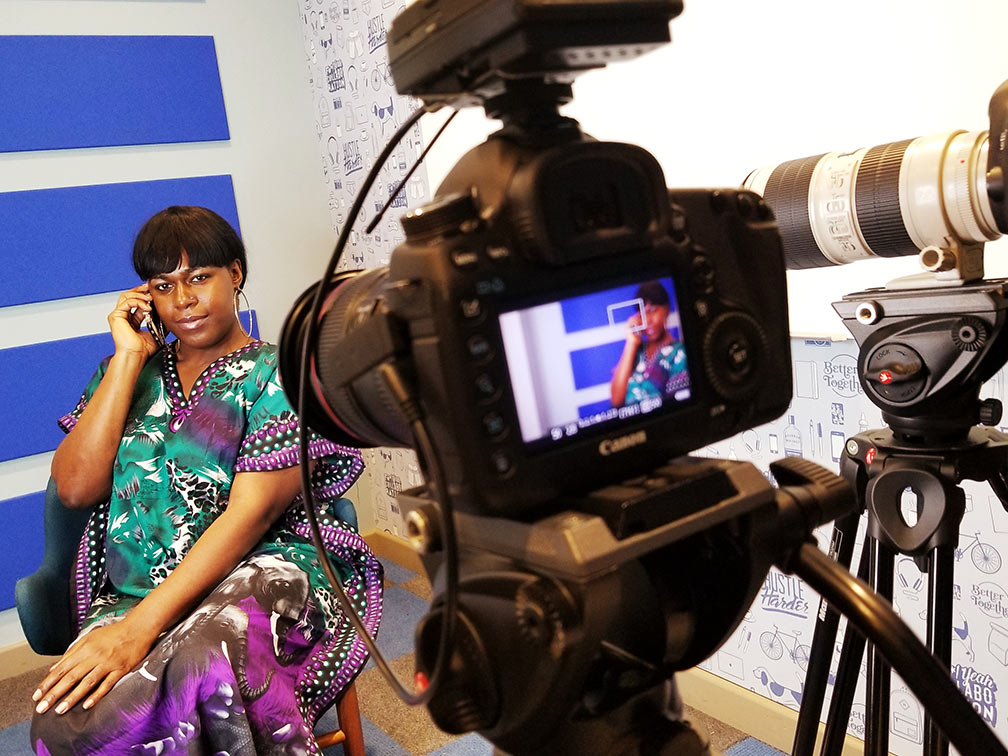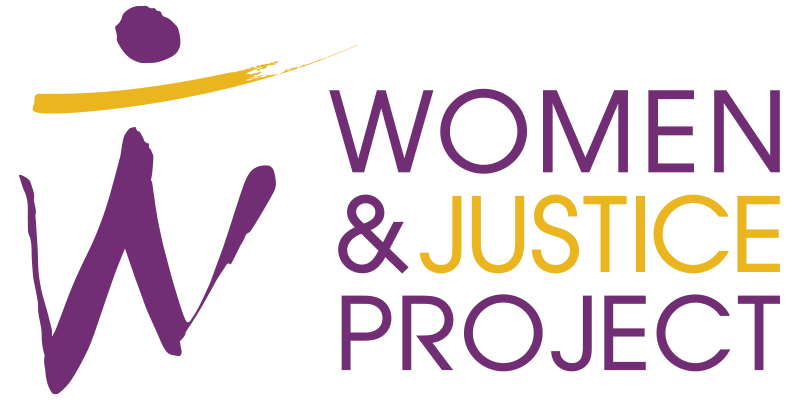Narrative Power
“You become a number, you become invisible, you become less than human….we as the experts, the individuals who have lived experience, need to begin those conversations and tell our story in a way that brings support but also creates the visual so that you see me and not what you want to see but what I bring to you…we are powerful and strong women, and we have a voice, and society creates barriers to keep us from raising our voice but we are stronger than that, we are more resilient than that.”
– Russelle “Rusti” Miller-Hill (1961-2020)
Transforming our criminal legal system requires changing laws and policies, shifting power, and reshaping culture and the dehumanizing narratives that the system relies on. We believe that transformation also requires going beyond just changing narratives – it requires changing who has the power to create and control those narratives in the first place.
We call this narrative power, and we define it as the power to:
- Shape narratives about a specific issue and a larger worldview, particularly through engaging your lived experience
- Define your own narrative and control all decisions about it, including when, how, and by whom it is shared
- Carry out narrative work in ways that are healing, transformative, and deeply connected to community
These elements make narrative power different than narrative advocacy, which usually means using your story to advocate for a particular issue.
For more on the critical importance of narrative, read “The Resilience of the Written Off: Women in Prison as Women of Change” by Kathy Boudin (posted with permission from the Women’s Rights Law Reporter and the author).

